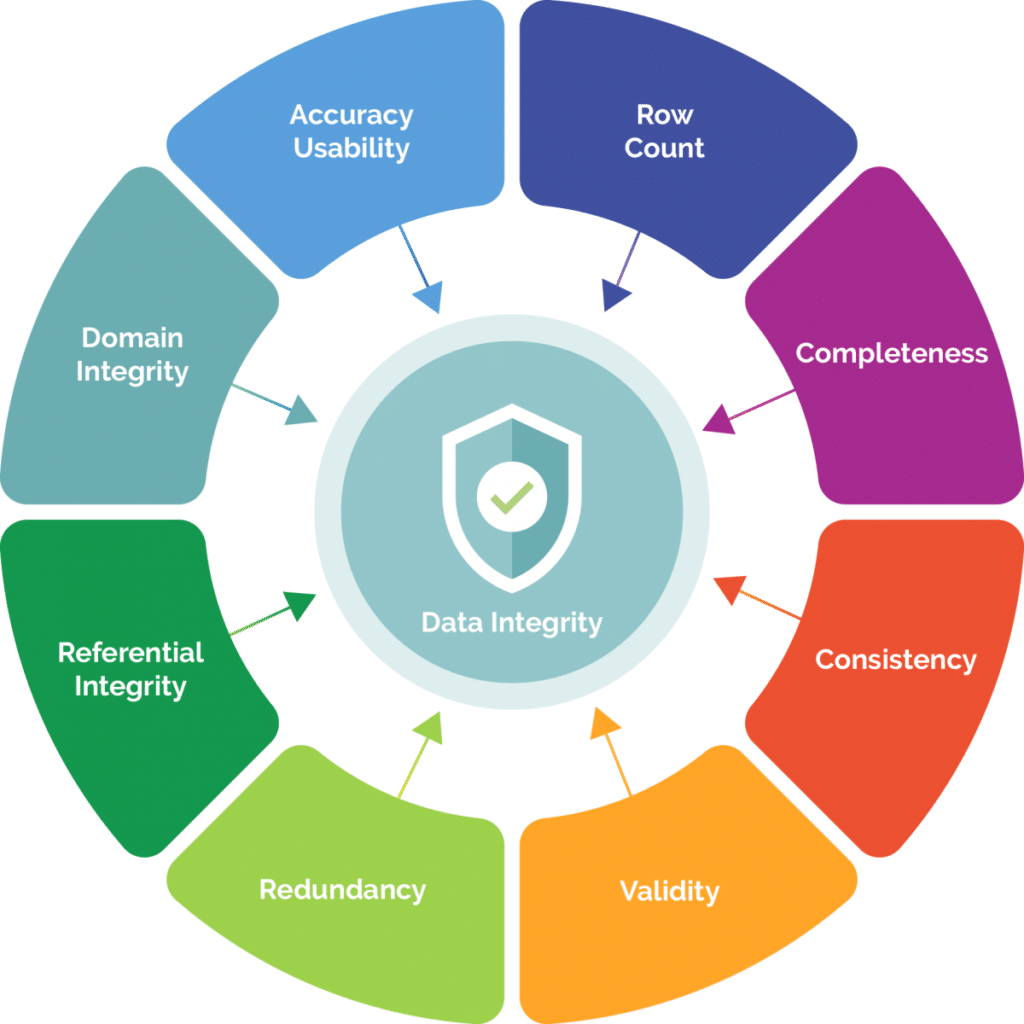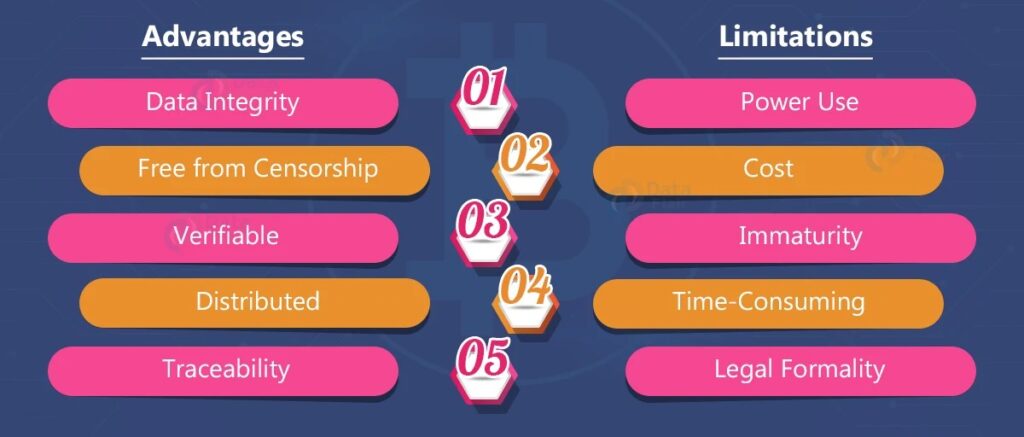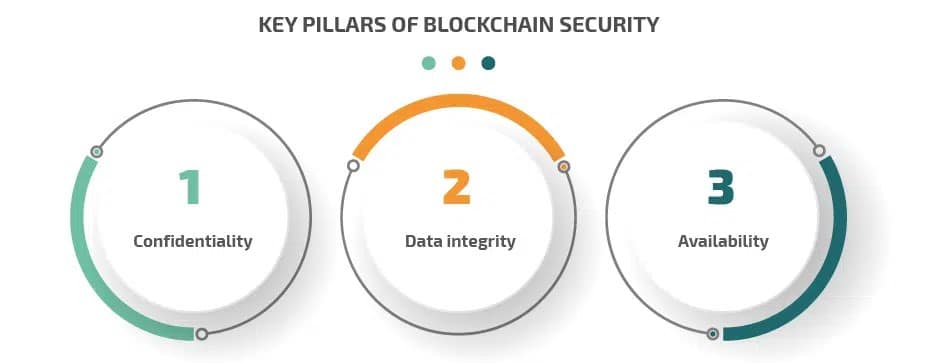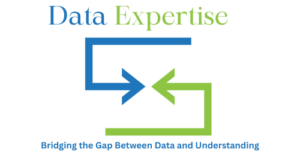Introduction
Blockchain technology, originally developed as the foundation for cryptocurrencies like Bitcoin, has evolved into a powerful tool with applications across various industries. One of its most transformative applications is in ensuring data integrity and security. In this comprehensive exploration, we delve into the world of blockchain and its role as a game-changer for data security. From its basic concepts to real-world examples, we’ll uncover how blockchain technology is revolutionizing the way we protect and manage data.
Understanding Blockchain Technology
Blockchain is a distributed ledger technology that stores data across a network of computers. Each data record, or “block,” is linked to the previous one, forming a continuous chain of blocks. This distributed and decentralized nature makes it highly secure and resistant to tampering. The core principles of blockchain technology include transparency, immutability, and consensus.
The Significance of Data Integrity

Data integrity refers to the accuracy and reliability of data over its entire lifecycle. In a world where data is a valuable asset, ensuring its integrity is paramount. Any compromise to data integrity can lead to severe consequences, including financial losses and damaged reputation.
Blockchain and Data Integrity
Blockchain technology plays a pivotal role in preserving data integrity. Its cryptographic algorithms secure data and once information is added to the blockchain, it becomes virtually impossible to alter. Decentralization ensures that no single entity has control over the data, enhancing transparency and trust.
Real-World Examples
Healthcare: Blockchain technology is being used to secure patient records, ensuring that sensitive medical data remains confidential and unaltered.
- Supply Chain: Companies are leveraging blockchain to track products from the source to the consumer, enhancing transparency and reducing the risk of counterfeit goods.
- Financial Services: Blockchain is revolutionizing financial transactions, providing a secure and efficient way to transfer assets and execute smart contracts.
- Government: Governments are exploring blockchain for transparent and accountable record-keeping, from voting systems to land registries.
Benefits and Challenges of Blockchain in Data Integrity
The advantages of blockchain technology for data security are numerous. It offers increased transparency, reduced fraud, and enhanced trust. However, challenges such as scalability, energy consumption, and regulatory hurdles need to be addressed.

Benefits of Blockchain in Data Integrity
- Increased Transparency: Blockchain’s distributed ledger technology allows all authorized parties to view data entries in real-time. This transparency builds trust among participants, as they can independently verify the accuracy of information.
- Reduced Fraud: Blockchain’s immutability ensures that once data is recorded, it cannot be altered. This property is particularly valuable in preventing fraudulent activities, as unauthorized changes to records become virtually impossible.
- Enhanced Security: Blockchain employs advanced cryptographic techniques to secure data. Each transaction is encrypted and linked to the previous one, creating a secure and tamper-resistant environment. This level of security is crucial, especially when dealing with sensitive information.
- Cost Savings: By eliminating intermediaries and streamlining processes, blockchain can reduce operational costs. This is especially significant in industries such as finance and supply chain, where efficiency improvements can lead to substantial savings.
- Efficient Transactions: Blockchain enables near-instantaneous transactions across borders without the need for intermediaries like banks. This can revolutionize the financial sector, making cross-border payments faster and more cost-effective.
- Global Accessibility: Blockchain operates on a global network, making it accessible to businesses and individuals worldwide. This accessibility can promote financial inclusion and open up new opportunities in regions with limited access to traditional financial services.
Challenges of Blockchain in Data Integrity
- Scalability: As more transactions are added to a blockchain network, it can become slower and less efficient. Achieving scalability while maintaining security remains a significant challenge.
- Energy Consumption: Some blockchain networks, especially proof-of-work-based systems like Bitcoin, consume substantial amounts of energy. This has raised environmental concerns and prompted the search for more energy-efficient consensus mechanisms.
- Regulatory Hurdles: Blockchain’s decentralized nature often clashes with existing regulatory frameworks. Governments and authorities are working to create legal frameworks that address concerns related to fraud, taxation, and compliance.
- Interoperability: Achieving interoperability between different blockchain networks and legacy systems is a complex task. Seamless data transfer and communication between these diverse platforms are essential for blockchain’s widespread adoption.
- Data Privacy: While blockchain provides transparency, it can also expose sensitive data to a broad audience. Striking a balance between transparency and data privacy is a challenge that organizations must address.
- Smart Contract Vulnerabilities: Smart contracts, self-executing agreements on the blockchain, can contain vulnerabilities that may be exploited. Ensuring the security of these contracts is vital.
Implementing Blockchain for Data Security

To implement blockchain for data security, organizations should follow a structured approach. They must identify use cases, select suitable blockchain platforms, and ensure compliance with legal and regulatory requirements. Industries like healthcare, supply chain, and finance are at the forefront of blockchain adoption.
The Future of Data Security with Blockchain
The future of data security lies in blockchain’s continued evolution. Innovations such as sidechains, quantum-resistant cryptography, and increased interoperability with traditional systems will shape the landscape of data integrity.
In conclusion, blockchain technology is indeed a game-changer for data integrity and security. Its ability to provide transparency, immutability, and decentralized control makes it a valuable asset across various industries. As blockchain technology continues to mature, its role in safeguarding data is only set to expand, ensuring a more secure digital future.



